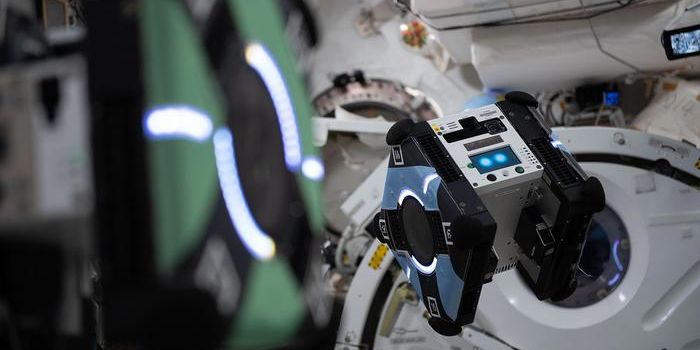In a plea addressed to Mr. Trump — as well as President Obama and members of Congress — 365 companies and major investors emphasized their “deep commitment to addressing climate change,” in a joint letter announced on Wednesday in Marrakesh, Morocco, where global leaders are determining the next steps for the Paris deal at COP 22. American companies including Mars, Nike, Gap Inc., Levi Strauss, Unilever, L’Oreal, General Mills, Hewlett Packard, and Starbucks, have urged President-elect Donald J. Trump not to abandon the Paris climate deal, saying a failure by the United States to build a clean economy endangers American prosperity.
“This is bigger than one person, one president,” the US secretary of state John Kerry said in Marrakech, before his last address to the UN climate summit being held there. “We have to figure out how we’re going to stop this.” Speaking in reference to Trump, Kerry said: “I ask you on behalf of billions of people around the world,” he said. “Do your own due diligence before making irrevocable choices. No-one has the right to make decisions that affect billions of people based solely on ideology or without proper input.”

According to The Guardian, minutes before Kerry spoke, the US released the first long-term climate strategy under the Paris agreement, offering a blueprint for reducing national emissions by 80% by 2050, measured against 2005 levels. That presentation, like Kerry’s words, was given added urgency by the UN forecasting that 2016 will very likely be the hottest year on record, setting a new high for the third year running. Kerry said: “This year will contribute to the hottest decade in human history, which was preceded by the second hottest decade, which was preceded by the third-hottest decade. At some point even the strongest climate sceptic has to acknowledge that something is happening.”
Leaders of global companies and state level politicians are also intent on setting the strong commitments of the Paris climate agreement in motion. Thomas Lingard, Climate Advocacy & Sustainability Strategy Director at Unilever, explained the need for the long-term planning component this way: “If you want to go on a journey, it helps to know where you’re going and how you’re going to get there. That’s true for any journey and it’s certainly true for the low-carbon transition.”
“Flexibility in planning is necessary but it’s absolutely essential to start to figure out how nationals and sub-nationals are going to meet their targets. It’s one thing to sign an agreement that says we’re going to reduce 80 plus percent of our carbon emissions by 2050. It’s very much another thing to figure out exactly how to do that,” said Alex King, a Senior Policy Advisor to California’s Governor Jerry Brown.
Kevin Rabinovitch, the global sustainability director for Mars Inc, said: “We are a food business. We have supply chains all over the world and at the base of every business is a farm, which is exposed to the climate. Since climate change affects the raw materials we buy, we are affected by it and if we don’t prevent the consequences that have been predicted, they will have a real impact for our business.”
This is an important moment in global political and economic history, and we absolutely must come together to solve the immense challenges facing the planet. Climate change, water scarcity and deforestation are serious threats to society. It is imperative that global businesses, like Mars, do their part to face down those threats,” Barry Parkin, chief sustainability and health and wellbeing officer at Mars added.
For businesses, the climate stakes are high. The New York Times explains how damage from climate change — especially from extreme weather events like hurricanes, flooding and drought — could shave as much as 5 percent off annual global gross domestic product by 2100, according to a study commissioned by the British government.
Perhaps for this reason companies are so intent on encouraging Trump to stick to the Paris agreement. Even Fatih Birol, executive director of The International Energy Agency, issued a warning to Trump that policy should be based on the realities of the energy sector: “We give the same advice to all leaders across the world: making decisions about the energy sector needs good information and an overview of developments, including technological improvements. Any decision making, in my view, needs to look at the latest data across the sector very carefully.”
He added: “Decisions taken [by governments] about the energy sector have very long lasting implications, and not just for this sector, but across the whole economy, and they have environmental and social impacts.”
Source:
The Guardian,
The New York Times,
Clean Energy News,
Carbon-Pulse









